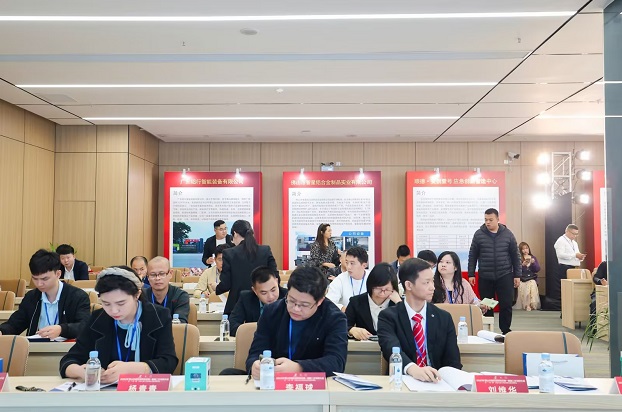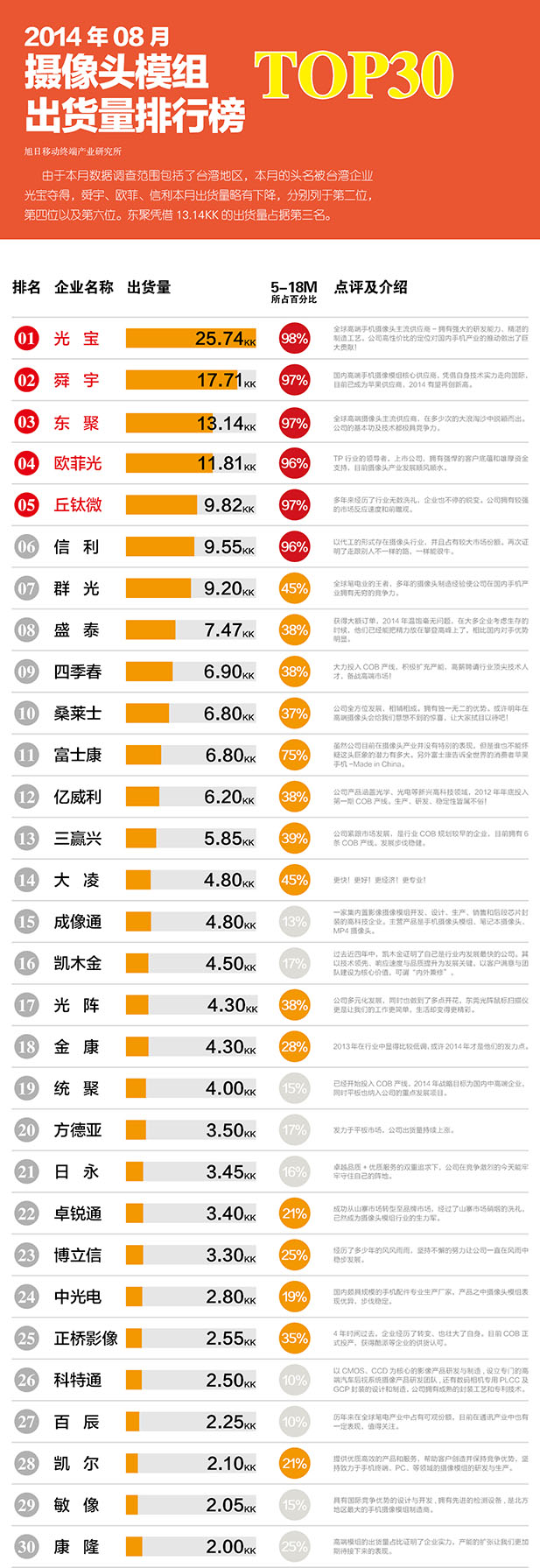On April 15th, Nokia announced that it had signed a memorandum of understanding with French network equipment manufacturer Alcatel Lucent to acquire Aron for 15.6 billion euros. The online version of The Wall Street Journal reported that after the two sides confirmed the start of acquisition negotiations, the completion of this acquisition transaction is expected to give birth to a European telecommunications equipment giant and stimulate a new round of industry reshuffle.
Competing against Huawei and gaining recognition from the Minister of Economic Affairs of France
Nokia and Aron announced on April 14th that the two companies are currently in negotiations to fully merge their businesses, with Nokia offering a portion of its equity in exchange for control over Aron. At that time, insiders revealed that the transaction had not yet been finalized.
The new company formed by the merger of Nokia and Aron will have a total of over 100000 employees and a revenue of nearly 26 billion euros (approximately 27.7 billion US dollars), making it a strong competitor to Ericsson, the leading telecommunications company. In addition, the alliance between the two companies will also help enhance research and development capabilities and technological equipment, providing "firepower equipment" to counter the Chinese telecommunications giant Huawei.
At present, Huawei ranks second in the telecommunications market after Ericsson, but its rapid expansion momentum has caused great concern among politicians in the United States and Europe.
French Minister of Economy Emmanuel&midtot; "This is a champion company that can compete with Huawei and China's top companies," said Emmanuel Macron after meeting with executives from Nokia and Aron
Industry changes trigger traditional enterprise mergers and acquisitions
More than a decade ago, Huawei and ZTE entered the international stage with low-priced cellular network equipment products, and their telecommunications equipment business suffered damage under the whip of the Internet and brutal price wars. And this time, industry executives expect that new communication technologies can be tightly connected to many types of network devices, sometimes replacing professional telecommunications equipment with software running on low-cost computers.
This development trend has made traditional enterprises prey to new competitors, while also making the advantages of companies such as Huawei and Ericsson, which already have strong product portfolios and strong customer capital, more apparent. Small network router companies such as JuniperNetworks will become acquisition targets for large enterprises.
Sanford C., a municipal research institution Bernstein analyst Pierre&midt; Pierre Ferragu said, "What we need now is network technology integration. If this transaction works, we will see a new wave of mergers and acquisitions."
Over the years, although Huawei has been kept out of the US market due to political reasons, the company's telecommunications equipment business revenue has still increased threefold. According to statistics from the market research institution Infonetworks, in 2014, Nokia held a 17% share of the global wireless network market, lagging behind Ericsson's 30% share and Huawei's 20% share; Alang's share is 11%, ranking behind ZTE.
Huawei has made great efforts to gain market share in Europe, which has weakened local European companies such as Aron. For example, Huawei was the first to launch wireless transmitters that can process 2G, 3G, and 4G signals within the same device, which has made significant contributions to winning orders from telecommunications operators in France and other countries.
Previous French governments have been escorting local enterprises to enter the international market, and it is not uncommon for them to intervene in foreign-related mergers and acquisitions. Earlier this month, although French state-owned telecommunications operator Orange SA had been in talks with Hong Kong investors, the French government ordered Orange to seek European buyers for its video streaming business. Finally, Orange revealed to the public that French media company VivendiSA is interested in taking over.
However, due to the strict regulations of the European Union on national aid and its own financial difficulties, the French government has almost no room for maneuver in blocking overseas buyers from bidding and supporting domestic companies in acquiring high-quality assets.
Learning from strengths and making up for weaknesses after sharing the same destiny
In recent years, Nokia's telecommunications equipment division has been deeply mired in trouble, and the joint venture with Siemens AG has not yet formed. Measures such as layoffs and restructuring have been taken to ensure profits. In 2013, after selling its mobile phone division to Microsoft, Nokia acquired a 50% stake in the joint venture company held by Siemens.
At the same time, Alan's fate was also full of twists and turns. The company has been constantly fluctuating in its repeated restructuring plans and asset sales, accompanied by constant burning of money. In 2006, French company Alte acquired Lucent Technologies, which had been spun off from AT&T, giving birth to Alte. However, this "two in one" company suffered from management divisions and its CEO kept changing. It was not until this year that Alan was expected to receive positive free cash flow for the first time.
Insiders say that the experiences of the two companies over the years have put the management of both sides to the test when embarking on the transaction. One of the major issues is that network equipment companies must maintain long-term stable relationships with customers, which means that after mergers and acquisitions, it is difficult for new companies to stop continuing to support similar products and technologies.
However, analysts say that the cost reduction measures taken by the two companies will help both sides complement each other's strengths and weaknesses in terms of technology, rather than overlapping and overlapping. Since taking over Arang in 2013, CEO Michel Combes has been streamlining his business according to his own ideas. So far, Alang has sold off his office telephone business, government equipment business, and other assets, while implementing a layoff plan.
For Nokia, this transaction brings an opportunity to boost market share and compete with Ericsson in the "big money, big land" US market; The US market is Alang's stronghold, with deep and stable relationships with operators such as Verizon Communications and AT&T. In addition, Nokia can also acquire Aron's rapidly growing network router business, which in the eyes of analysts is Aron's "profit engine" and its future reliance. Since Nokia's restructuring, all efforts have been focused on the field of wireless networks.
Alang plans to launch an IPO (initial public offering) for its underwater network division in the second half of this year. It is currently unclear whether the IPO of Nokia and Aron will proceed as planned after the merger deal is reached. The French government has previously stated that the Aran submarine communication cable is a strategic asset of the national intelligence agency.
Disclaimer:The authenticity of this information has not been verified by our website and is for your reference only. The purpose is to convey more information; If there is any error, error, or infringement, please contact us via email( chinavta@szxwds.com )We would greatly appreciate it if you could promptly notify us of the error, error, or infringement, and we will promptly make corrections or deletions.



